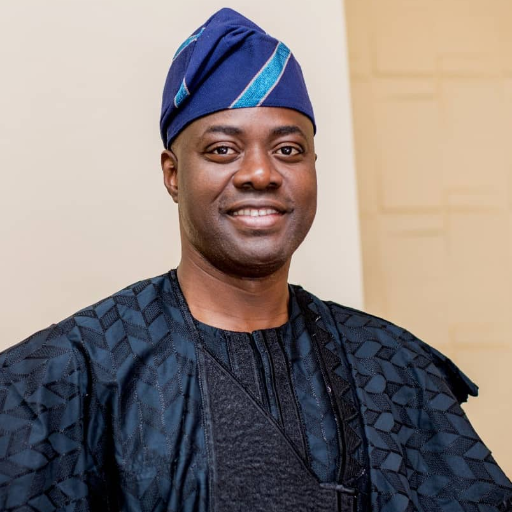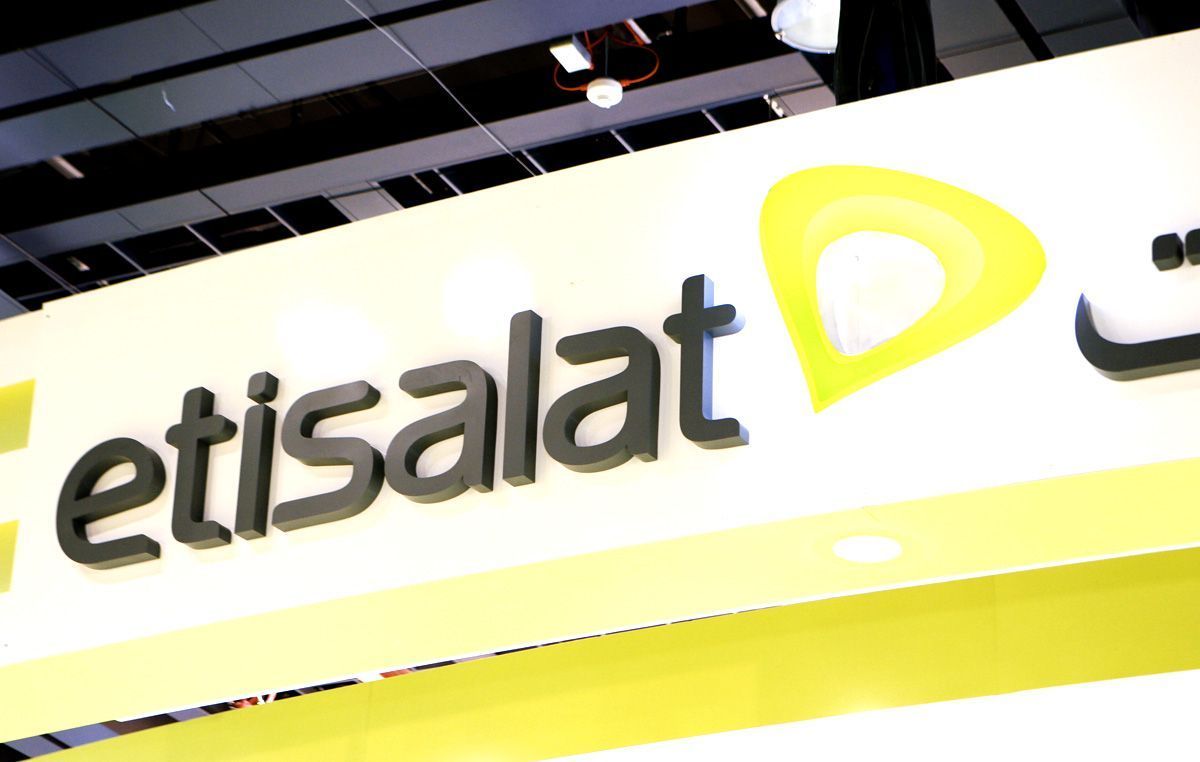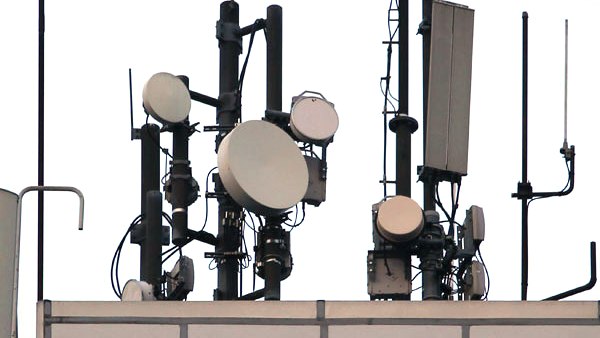…says no tariff hike without recourse to empirical studies
The Nigerian Communications Commission (NCC) has allayed the fears of Nigerians that no tariff increase will be effected by telecom operators without due regulatory approval by the Commission.
TheNewsGuru.com (TNG) reports this was contained in a statement released by Dr. Ikechukwu Adinde, NCC’s Director of Public Affairs.
Adinde stated that NCC has monitored with keen interest the deluge of reports in the media on the demand by Mobile Network Operators (MNOs) ostensibly to increase tariffs of telecom services.
He also stated that the Commission has taken notes of the fears being expressed by telecom subscribers on the agitation.
TNG reports the demand being made by MNOs under the auspices of the Associatoon of Licensed Telecommunications Operators of Nigeria (ALTON) is contained in a letter to the Commission.
ALTON cited high cost of running their operations as the major reason for their proposed tariff hike,
However, the Commission in the statement noted that “Consistent with international best practice and established regulatory procedures, the NCC ensures its regulatory activities are guided by regular cost-based and empirical studies to determine appropriate cost (upper and floor price) within which service providers are allowed to charge their subscribers for services delivered.
“The Commission ensures that any cost determined, as an outcome of such transparent studies is fair enough as to enhance healthy competition among operators, provide wider choices for the subscribers as well as ensure sustainability of the Nigerian telecoms industry”.
The statement further reads: “For the avoidance of any doubt, and contrary to MNOs’ agitation to increase tariffs for voice and Short Messaging Services (SMS) by a certain percentage, the Commission wishes to categorically inform telecoms subscribers and allay the fears of Nigerians that no tariff increase will be effected by the operators without due regulatory approval by the Commission.
“It is noteworthy that tariff regulations and determinations are made by the Commission in line with the provisions of Sections 4, 90 and 92 of the Nigerian Communications Act (NCA) 2003, which entrusts the Commission with the protection and promotion of the interests of subscribers against unfair practices including but not limited to; matters relating to tariffs and charges.
“The current tarriff regime being administered by the service providers is a product of NCC’s determination both for voice and SMS in the past.
“However, while there could be justifiable reasons for MNOs’ demand for tarrif increase, it should be noted that they are not allowed to do such either individually or collectively without recourse to NCC, following the outcome of a cost study. This is not the case for now.
“Through NCC’s commitment to engendering healthy competition among the licensees, the cost of services has been democratised and become more and more affordable for Nigerian subscribers. The regulator is even more committed to this cause to ensure subscribers get greater value for money spent on telecom services”.






